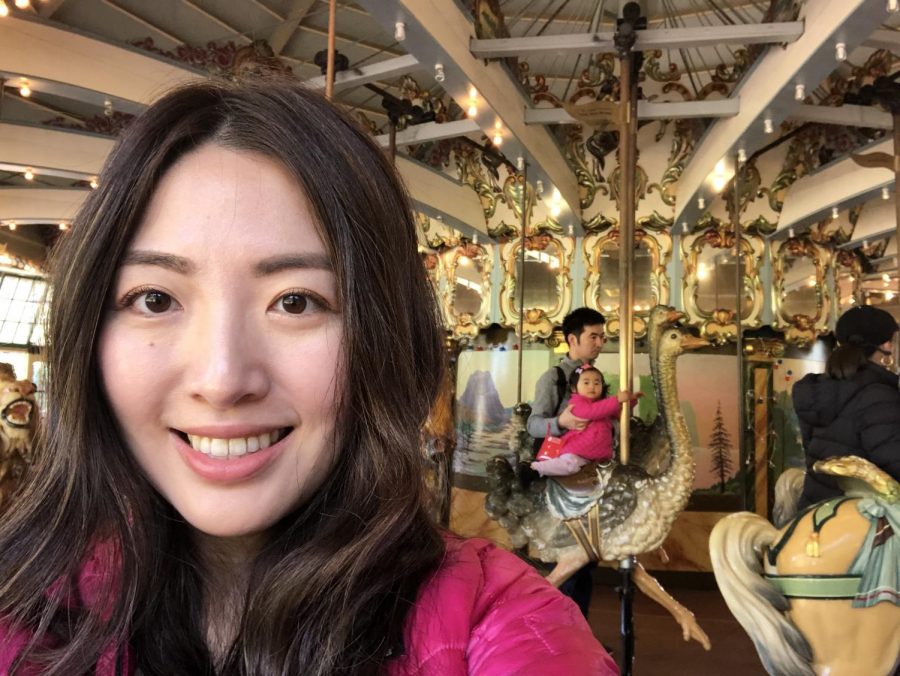Xiaoqing Chen
August 17, 2020
Mandarin teacher Xiaoqing Chen moved across the world to experience a new facet of academia. Chen looks forward to taking on the task of teaching virtually and connecting with her students.
Instead of following her family’s legacy as an educator in China, Mandarin teacher Xiaoqing Chen moved to the United States to experience a new type of education system. The deeply competitive nature of the Chinese educational environment inspired this move, but she maintained part of her Chinese culture by teaching her native language.
While earning her Master of Arts in Teaching at the University of San Francisco in 2010, Chen was introduced to a style of education that focuses on the well-being of students. It was a stark contrast from the focus on material success — namely, perfect grades — that she was taught to aspire to in China.
“In the United States, people are more aware of students as individuals,” Chen said. “They care about their feelings and their happiness. Back in China, people treat them like children that don’t have an independent way of thinking. They have too much unnecessary pressure from their school and their parents.”
Having an understanding of different societal definitions of success, Chen has found a balance between leading her students to academic proficiency while also caring for their well-being. Unfortunately, virtual lessons during the COVID-19 pandemic have made it harder for teachers to check in and connect with students, leading to more concerns about mental and physical health.
“The students’ emotional well-being is my greatest concern,” Chen said. “Because of COVID-19, the financial gap between students becomes more obvious. Some students don’t have access to stable meals three times a day, and others may not have a stable family environment, which might significantly impact their academic achievement.”
Despite the endless hurdles of providing education during COVID-19, Chen is always looking for ways to improve student-to-student interaction in virtual meetings. Having spent six years at the Chinese American International School in San Francisco as a Mandarin Educational Technology Coordinator, Chen has previously worked with education in a virtual environment and is excited to embark on a new learning adventure within LAHS.
“I view challenges as turning points, so I plan to embrace the challenge and see what opportunities arise from it,” Chen said.

